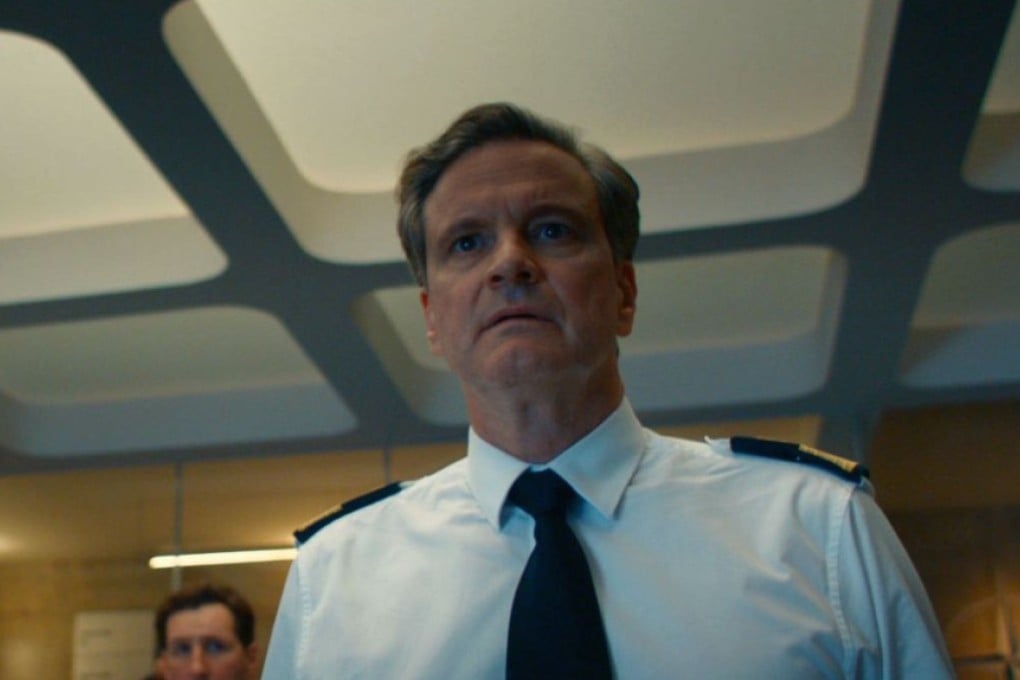Review | Kursk film review: Russian submarine tragedy recreated in Thomas Vinterberg’s star-studded melodrama
- Thomas Vinterberg’s film strikes an even keel between humanising the doomed seamen and demonising the high command who left them to die.
- Its themes of political malfeasance, media interference and fake news are more relevant than ever, but it’s the tragedy beneath the waves that resonates

3.5/5 stars
On 12 August, 2000, an explosion on the Russian nuclear submarine K-141 Kursk caused it to sink in the Barents Sea, killing all 118 naval personnel on board. The disaster triggered a shocking series of lies and cover-ups from the Russian authorities, while their delayed response and refusal to accept international support sparked global condemnation.
Danish filmmaker Thomas Vinterberg ( The Commune ) adapts one of the more controversial accounts of the tragedy for his film Kursk, but strikes an even keel between humanising the doomed seamen and demonising the high command who left them to die. Matthias Schoenaerts, Léa Seydoux, Max Von Sydow and Colin Firth lend international clout to the film, while Antony Dodd Mantle’s suffocating cinematography effectively ratchets up the tension.
In the accepted version of events, a leaky torpedo exploded aboard the Kursk as the crew were preparing to test-fire it, crippling the vessel and sending it to the ocean floor; the detonation then caused a second, much larger explosion, that measured 4.2 on the Richter scale and was detected as far away as Alaska. This second blast killed all but around 20 seamen, who survived in a small section of wreckage, but only for a few more hours.
Robert Moore’s book A Time to Die, upon which Robert Rodat’s screenplay is based, claims that these men actually survived for a number of days, and signalled repeatedly to rescuers by tapping on the outer hull during that time. The cinematic appeal of this version of the story is obvious, as it lends the political shenanigans and aborted rescue attempts unfolding above the surface a race-against-time sense of urgency, while giving Vinterberg time to flesh out his characters.